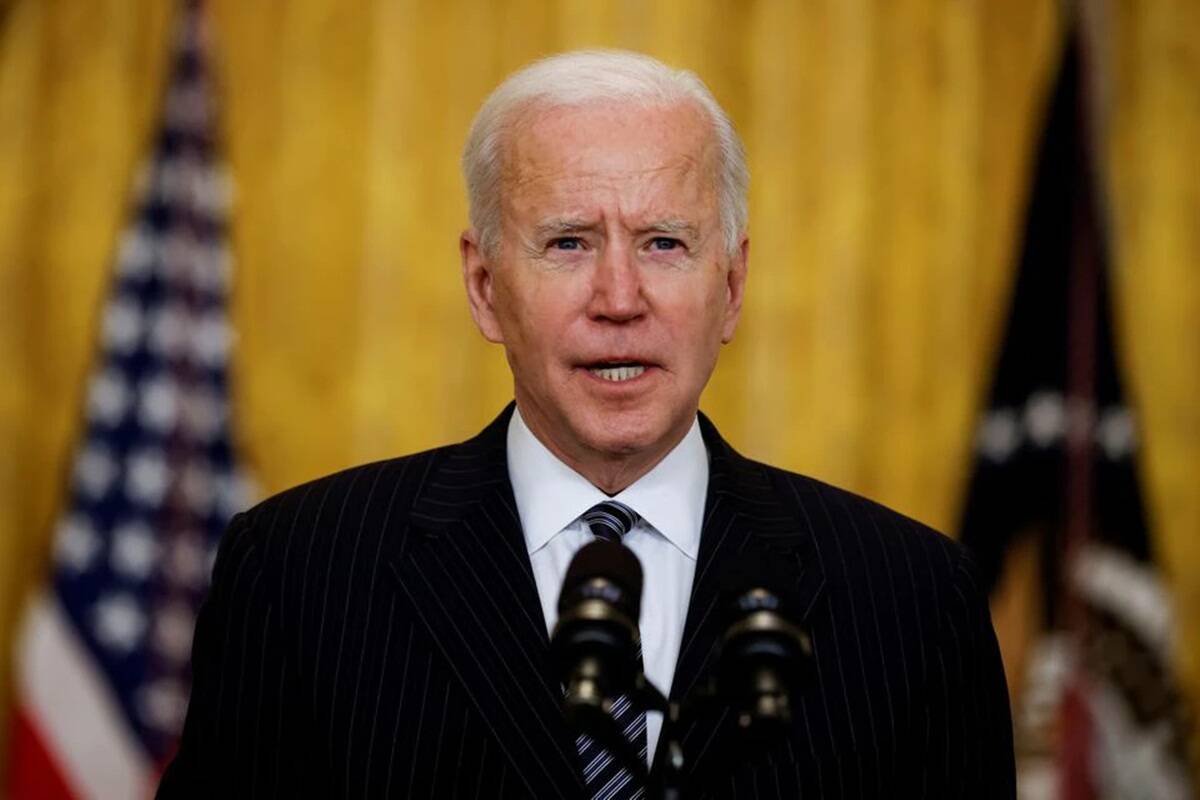American President Joe Biden’s tour of Asia last week focused on the Indo-Pacific as it was, has sparked a debate on just how helpful it was in furthering America’s strategic objectives in the region. That there is bipartisan consensus in the US political establishment on the Indo-Pacific holding the key to the USA’s prosperity and security has been clear for a while now. But Mr Biden has clearly given fresh impetus to US policy in Asia ~ he hosted leaders of key Association of Southeast Asian Nations states in Washington before setting off on visits to South Korea and Japan, staying on in Tokyo to attend the Quad Summit along with leaders of Australia, India, and Japan. This is as “full-on” a foreign-policy focus as a US President can have, given the American electorate’s infamous disinterest in goings-on beyond their country’s shores. So, why is President Biden expending his limited political capital on sojourns to faraway lands, as it were? Well, it’s not just the economy, stupid! ~ as one of his predecessors put it albeit in a different context ~ though the economic aspect of his administration’s Indo-Pacific strategy is one of the key drivers of Mr Biden’s Asia outreach. “Buttressing a rules-based order across Eurasia and deepening strategic relations with and between the USA’s Asian allies,” as East Asia expert Mireya Solís puts it, are the primary objectives of US strategic policy in the region.
The positives emanating for Washington from its Indo-Pacific tilt are many. It’s East Asian democratic allies Japan and South Korea have proactively participated in the economic sanctions against Russia to impose costs on Moscow for its invasion of Ukraine. South Korea under President Yoon Suk-yeol has indicated it is ready and willing to take on a broader regional role ~ not restricted to the Korean Peninsula ~ in step with the Quad, which experts have long held is essential to make the grouping more effective. Tokyo, meanwhile, has pivoted away from its policy of engagement with Russia and, under Prime Minister Fumio Kishida, is forging closer ties with the North Atlantic Treaty Organisation and the European Union with an emphasis on developing and guarding emerging technologies and increasing the resilience of critical infrastructure and supply chains given the West’s concerns about China. On the Quad front, Washing- ton is reaping the benefits of India and Japan continuing to be strong advocates of strengthening the alliance and Australia going a step further by highlighting the role of the grouping of liberal democracies in adding robustness to the security arrangements in the Indo-Pacific in conjunction with AUKUS. President Biden’s unveiling of the Indo-Pacific Economic Framework for Prosperity (IPEF) in Tokyo during the Quad Summit was, in these circumstances, widely welcomed. But it’s not all good news for Mr Biden. Asia is still, in the main, resistant to condemning Russian aggression against Ukraine and depicting Moscow as the sole villain. Mr Biden’s own flip-flop on whether America is treaty-bound to defend Taiwan in case of Chinese military aggression against its “renegade province” has not helped America’s reputation as a reliable, an all-weather strategic ally in these parts either, especially as Taipei was not invited to join the IPEF. It would perhaps be fair to say President Biden left Asia with a mixed bag.












